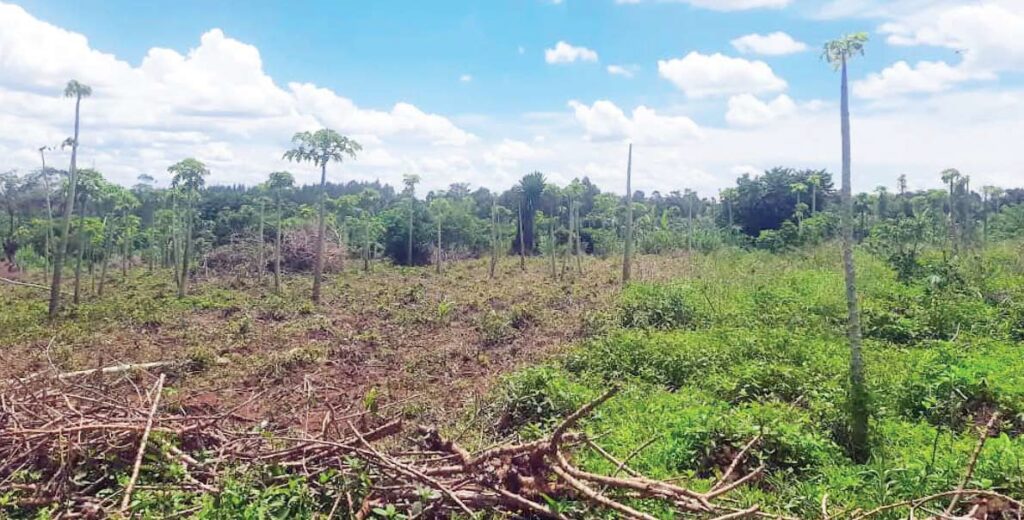In the previous article, I shared about the benefits of having your claims/ interests in land registered. In this article I discuss the various players/stakeholders involved in the land registration process. We came to a conclusion in the prior article that land registration is a crucial component of a stable and prosperous country.
It is not only about registering your land interests but there should be protection and respects of those interests by all the stakeholders involved. Show me a prosperous country and in it, you will find well-functioning land registration systems. There should be confidence in the systems by all the stakeholders involved to encourage trust and respect.
Uganda as a country has a progressive and conducive legal frame work as regards land registration. There are laws, policies and other legal edicts that promote the protection and respects of all rights of the stake holders involved in the land registration. They specify the different roles, rights, privileges and responsibilities of all the players in the land registration process.
In the following paragraphs, I will briefly discuss the different players in the land registration process in Uganda: Ministry of Lands, Housing and Urban Development: In Uganda, the Government Ministry in charge of land registration issues is the Ministry of Lands, Housing and Urban Development.
It is responsible for putting in place policies and initiating laws that ensure sustainable land management and administration. There are various departments and these play different roles in fulfilling the ministry’s mandate. These include Department of Land Registration, Department of Surveys and Mapping among others.
Uganda Land Commission (ULC): The Uganda Land Commission is in charge of all Government/ Public land, which it manages in trust of the people of Uganda. It carries out a number of functions as stipulated in the Land Act Section 49 including Holding and managing any land in Uganda, which is vested in or acquired by the Government in accordance with the Constitution. It also procures certificates of title for any land vested in or acquired by the Government.
District Land Boards: These derive their authority from the Land Act. The District Land Board is mandated to carry out a number of functions. They hold and allocate land in the District that is not owned by any person or authority. They facilitate the registration and transfer of interests in land. They sometimes Cause surveys, plans, maps, drawings and estimates to be made by or through its officers or agents.
It should be noted that In the performance of its functions, the District Land Board is independent of the Uganda Land Commission and is not subject to the direction or control of any person or authority but takes into account the national and District Council policy on land and the particular circumstances of different systems of customary land tenure within the District.
Area land Committees: They are empowered under the land Act to carryout Land inspections. Carrying out the inspections helps verify information supplied by applicants who need to register their interests formally. They later make recommendation to district land boards on the basis of their findings.
District Land offices: Under the Land Act, eachDistrict Council should have a District Land Office comprising the offices of the District Physical Planner, the District Land Officer, the District Valuer, the District Surveyor and District Registrar of Titles. The above offices help in the proper execution of the land registration function.
Traditional Rulers: These sometimes are called opinion leaders. They usually head certain communities and they are the custodians of property of a given community. Some Communities own large tracts of land that they develop and usually lease to the public.
Private Surveyors: These carry out cadastral surveys to produce maps and deed plans. They help in the Establishment and verification of boundaries. They play a crucial role in the registration process.
General Public: They usually act as witness in the land registration process. They are also applicants who apply to register their interests. The above are some of the different players in the land registration process. It is prudent on your side to involve the above in your quest to register your interest in any piece of land. Failure to so will lead to a botched land registration process which usually leads to wastage of resources in terms of time and money.




